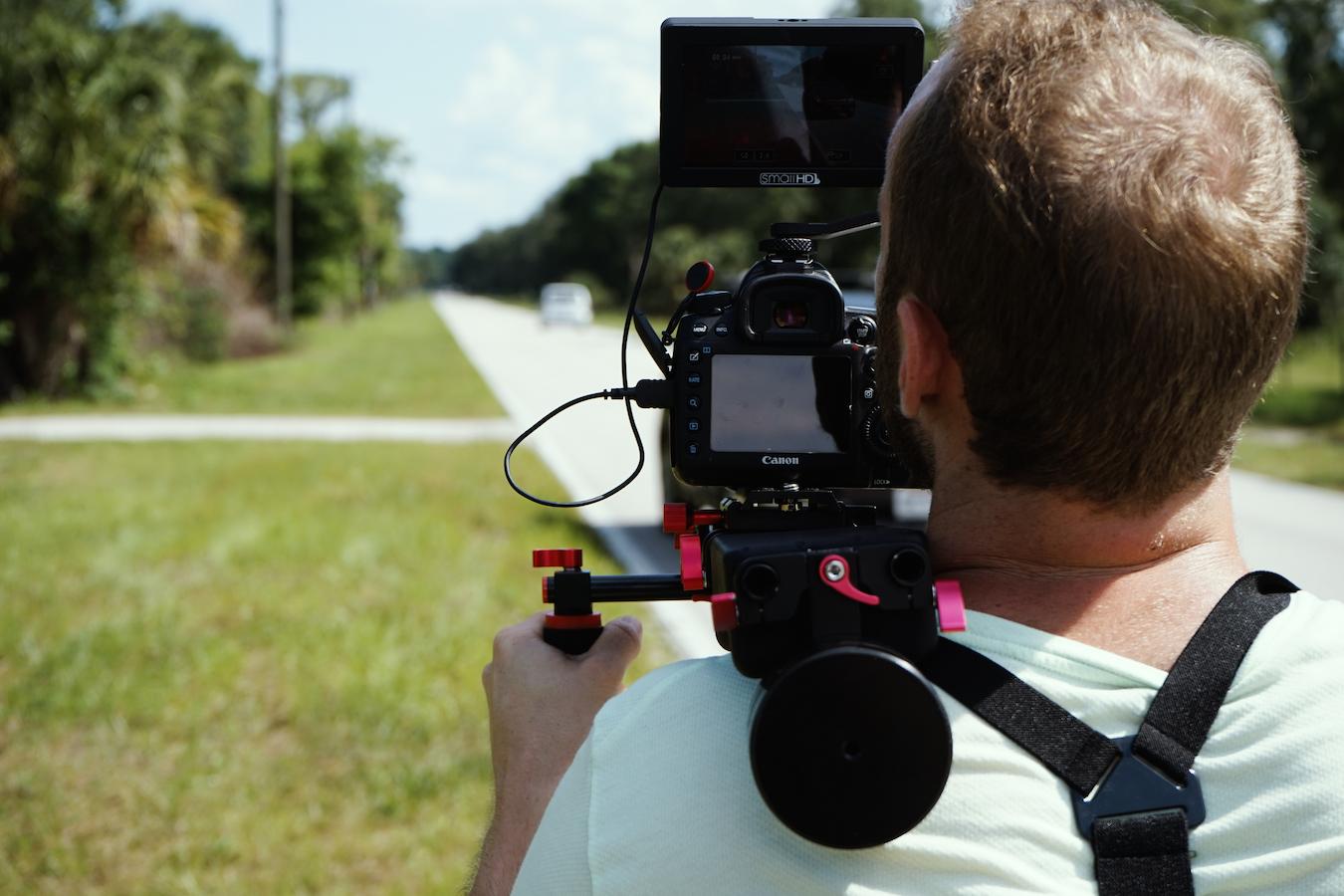Film insurance is a critical aspect of the filmmaking process, providing protection against a range of risks that can occur during production. Whether you are an independent filmmaker, part of a large studio, or a production company, understanding the ins and outs of film insurance can save you time, money, and stress. Here’s what you need to know.
1. What is Film Insurance?
Film insurance is a specialized type of insurance that covers various risks associated with the production of films, television shows, and other audiovisual projects. It protects against financial losses that can occur due to unforeseen events during production, such as accidents, equipment damage, or delays.
2. Types of Film Insurance
There are several key types of insurance policies typically used in film production:
- Production Insurance: This is a comprehensive policy that covers a wide range of risks, including property damage, equipment theft, and liability claims.
- General Liability Insurance: This protects the production company against third-party claims for bodily injury or property damage occurring during filming.
- Errors and Omissions Insurance (E&O): This policy covers legal liabilities arising from the distribution of the film, including copyright infringement and defamation claims.
- Cast Insurance: This provides coverage in case of a principal cast member becoming unable to perform due to illness, injury, or death, which can lead to production delays.
- Equipment Insurance: This protects against the loss, theft, or damage of production equipment, including cameras, lighting, and sound gear.
- Workers’ Compensation Insurance: This is essential for covering medical expenses and lost wages for crew members who are injured while working on set.
3. Why Do You Need Film Insurance?
Having the right insurance is crucial for several reasons:
- Risk Mitigation: Film production involves numerous risks, from accidents on set to weather-related disruptions. Insurance helps mitigate these risks and provides financial protection.
- Attracting Investors: Many investors and financiers require filmmakers to have adequate insurance coverage before they will invest in a project.
- Legal Compliance: Some locations or venues may require proof of insurance before allowing filming on their property.
- Peace of Mind: Knowing that you are protected against potential financial losses allows you to focus on the creative aspects of your project.
4. How to Obtain Film Insurance
Obtaining film insurance typically involves the following steps:
- Assess Your Needs: Determine the specific types of coverage you need based on the scale and nature of your production. Consider factors like location, cast size, and budget.
- Find a Specialized Broker: Look for an insurance broker or agency that specializes in film and entertainment insurance. They will understand the unique risks associated with your project.
- Gather Required Information: Be prepared to provide detailed information about your production, including budgets, shooting schedules, locations, and any stunts or special effects planned.
- Compare Quotes: Obtain quotes from multiple insurers to compare coverage options, limits, and premiums. This will help you find the best policy for your needs.
5. Understanding Policy Limits and Exclusions
When reviewing insurance policies, pay close attention to:
- Policy Limits: This is the maximum amount the insurer will pay for a covered loss. Ensure that the limits are adequate for your production’s needs.
- Exclusions: Understand what is not covered by the policy. Common exclusions may include damage due to neglect, wear and tear, or acts of war.
6. Filming in Multiple Locations
If your production involves filming in various locations, consider the following:
- Location Insurance: Some policies may require separate coverage for specific locations, especially if filming in high-risk areas.
- International Filming: If you plan to shoot outside your home country, ensure that your insurance covers international productions, as policies may differ significantly.
7. Staying Compliant with Local Regulations
Every jurisdiction may have specific insurance requirements for film productions. Be sure to research local regulations and obtain any necessary permits or licenses.
8. Communicate with Your Crew
Make sure that all crew members are aware of the insurance policies in place. This includes understanding safety protocols and procedures in case of an accident or incident on set.
9. Review and Update Your Insurance Regularly
As your project evolves, your insurance needs may change. Regularly review your coverage to ensure it remains adequate for your production’s requirements.
10. Consult with Legal and Insurance Professionals
It’s wise to consult with legal professionals and insurance experts familiar with the film industry. They can provide guidance on the types of coverage needed and help you navigate the complexities of film insurance.
Conclusion
Film insurance is an essential part of the production process that protects filmmakers from unforeseen risks and financial losses. By understanding the various types of coverage available, assessing your specific needs, and working with specialized brokers, you can ensure that your project is well-protected. Taking the time to secure the right film insurance allows you to focus on what you do best—creating compelling stories and bringing your vision to life.


